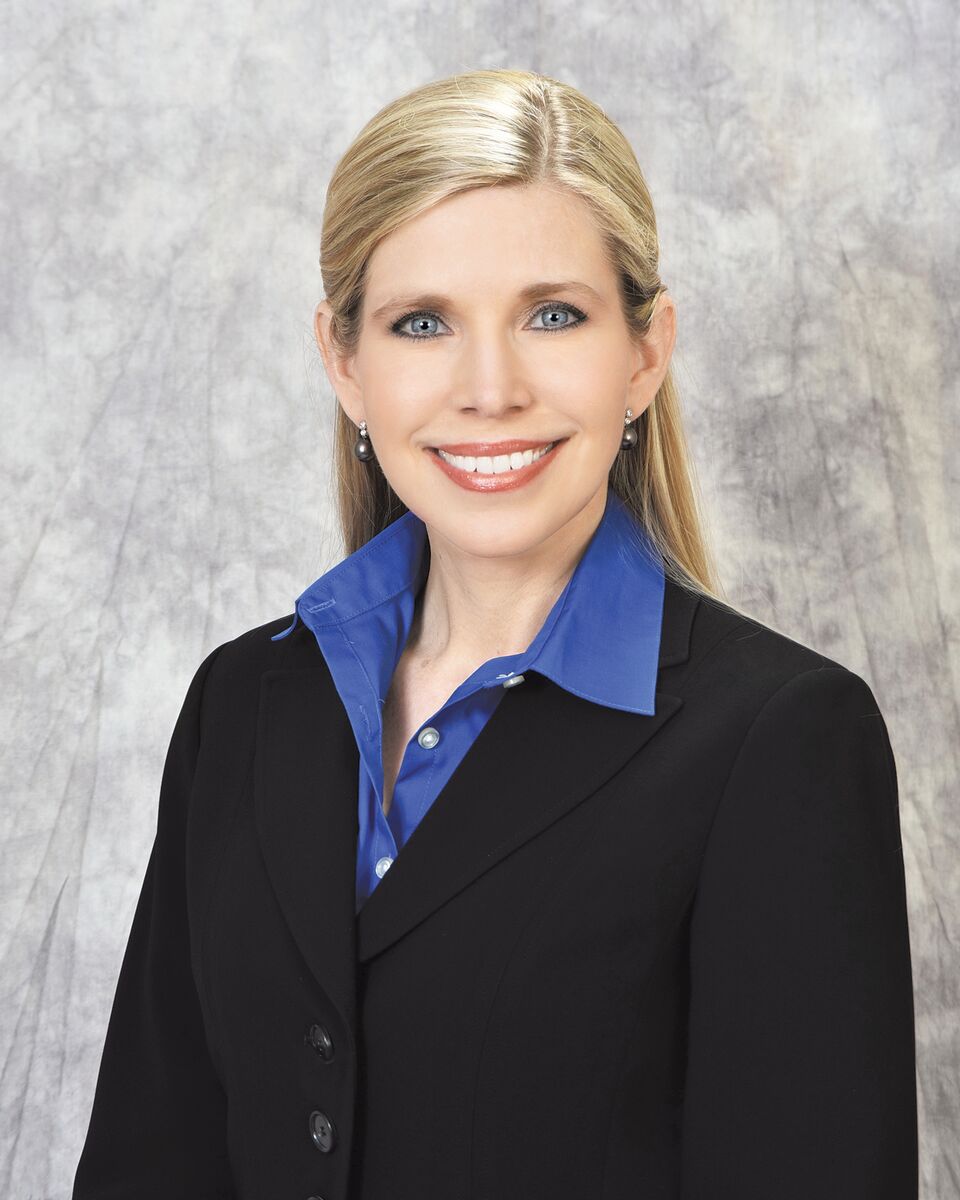In my early forties, I began waking up during the night with my heart racing and had trouble falling back asleep. I visited my MD who prescribed me anti-anxiety and sleep medications, but even on these medications, I woke most nights, sometimes with a gasp, and then lay there awake for a couple of hours.
I assumed that my sleep issues could be attributed to being in my 40s and having the stress of a busy practice and three elementary-aged kids. I also had a lot of headaches that started from the neck area, so I was getting regular massages, chiropractic adjustments, acupuncture and dry needling. For several years, I had worn a bite guard at night to protect my teeth from my grinding which had worn my posterior teeth flat.
After dealing with these sleep issues for a few years, I happened to participate in a course my study club offered on a new topic to dental medicine—sleep-disordered breathing. I learned that some people grind their teeth as a response to airway limitation and that the forward head position I’d developed was actually my body’s way of helping to create a more open airway. Even as a child, my dad often commented I needed to stand up straight with my head and shoulders back. Neither of us knew my perceived bad habit was actually a desperate attempt for my body to get the oxygen it needed. While my body’s coping mechanism would somewhat aid my breathing, it also strained my neck muscles, contributing to my headaches and neck pain.
I now understand that not sleeping well can lead to anxiety and concentration/memory issues as well as body aches and pains, all of which were problematic for me. The heart racing I experienced during the night was my body’s way of saying, “Hey, I need more oxygen!” By the end of the course I had decided to ask my doctor to recommend a sleep study for me.
Just 2 weeks later, I received the results— moderate sleep apnea. Since then, I have studied in-depth the factors that contribute to sleep-disordered breathing in children and adults and have been able to greatly improve my quality of sleep.

Dr. Cristi Cheek is the owner of Cheek Dental here in East Cobb. You may contact her at 770-993-3775 or visit www.cheekdental.com
Using my experience in dealing with my own sleep apnea enabled me to transform my practice to help families. I look at tonsils in children as well as jaw development, narrow arches, continued thumbsucking, bed wetting, dark circles under the eyes, hyperactivity, snoring, which are all signs of sleep-disordered breathing in children. I am also helping tired adults and those with worn or broken teeth improve not only their dental health but their overall health, as well by recognizing potential sleep breathing issues.
Some of the symptoms which show up during dental examinations are TMD (pain or dysfunction in the jaw joints), tooth wear, broken teeth and scalloped tongues. Because I know that years of poor sleep and sleep-disordered breathing can lead to health issues and dementia, I feel grateful for my own personal journey that is helping me improve the quality of life for many patients.
This article was written by Dr. Cristi Cheek and originally appeared in the January issue of EAST COBBER, on page 13. Click here to view the digital edition.







